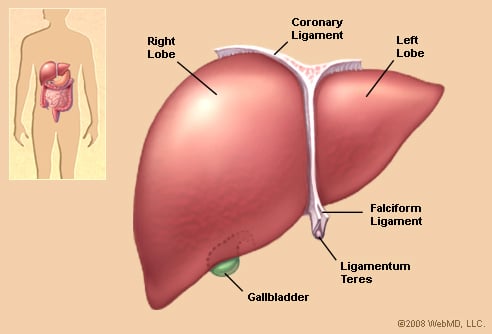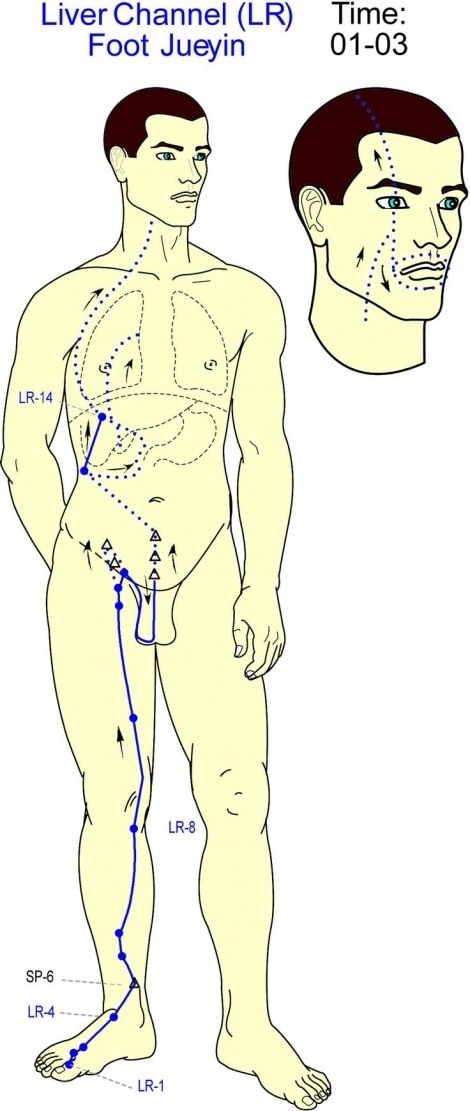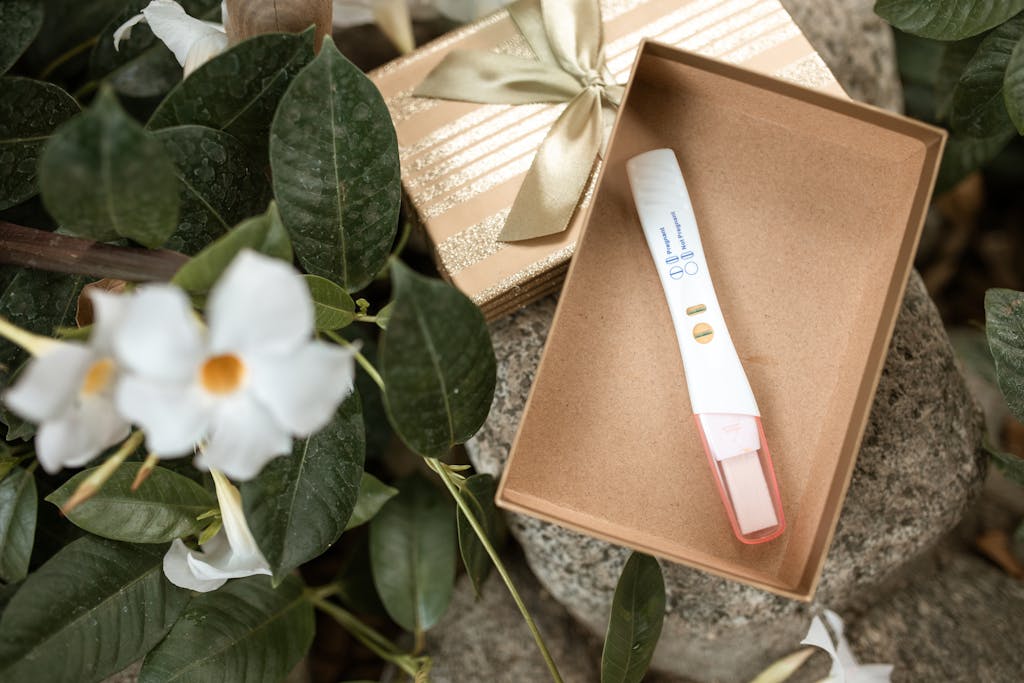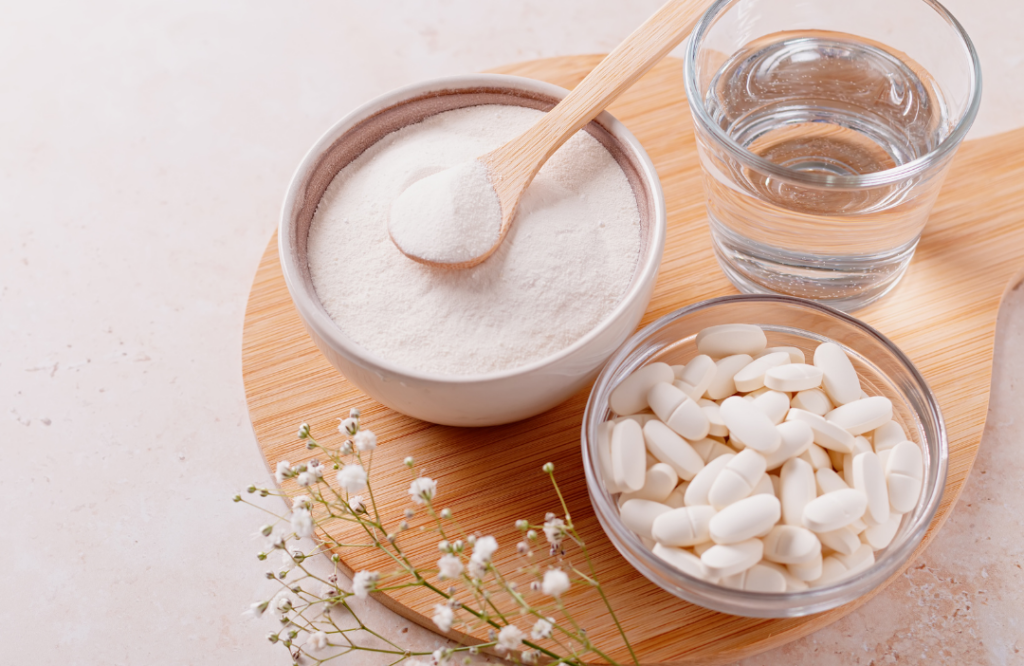Signs of Liver Imbalance
Published on January 14, 2015 by Dr. Caitlin Gordon
“The physician who knows how to harmonize the liver knows how to treat a hundred diseases.”
~From Zhou Xuehai, Reflections Upon Reading the Medical Classics, ca. 1895.
 In Traditional Chinese Medicine (TCM) the liver and gallbladder organ systems are paired. Being diagnosed as having a gallbladder or liver imbalance does not necessarily mean that your liver or gallbladder is not functioning properly in the Western Medical sense. In TCM, the liver and gallbladder systems include the physical organs, the acupuncture channels associated with the organs, and related disharmonies or patterns. Noticing that one of these systems is out of balance can prevent future issues from developing. Our liver system is the primary detoxifier our bodies, in fact, every single thing you eat/drink/consume is filtered through your liver. Additionally, from the TCM view, strong emotions such as anger, frustration, and high stress are also processed by the liver system. As you might expect, most modern humans have a very overloaded liver. Supporting liver function can improve your health in nearly every way.
In Traditional Chinese Medicine (TCM) the liver and gallbladder organ systems are paired. Being diagnosed as having a gallbladder or liver imbalance does not necessarily mean that your liver or gallbladder is not functioning properly in the Western Medical sense. In TCM, the liver and gallbladder systems include the physical organs, the acupuncture channels associated with the organs, and related disharmonies or patterns. Noticing that one of these systems is out of balance can prevent future issues from developing. Our liver system is the primary detoxifier our bodies, in fact, every single thing you eat/drink/consume is filtered through your liver. Additionally, from the TCM view, strong emotions such as anger, frustration, and high stress are also processed by the liver system. As you might expect, most modern humans have a very overloaded liver. Supporting liver function can improve your health in nearly every way.
The TCM Liver system:
- Manifests in the Nails
- Opens to the Eyes
- In charge of moving and draining functions
- Stores the blood
- Is associated with Sour taste
- Controls Tendons/Ligaments
- Season: Spring
- Time of day: 1-3am
- Houses the subconscious, related to dreaming
- Emotions: Anger, resentment, repressed and unexpressed feelings
- Liver: planning and strategy
- Gallbladder: decision making
So how does this translate into symptoms? Gallbladder and liver imbalance can present in many ways.
Common symptoms:
- Migraines/headaches especially in the temples, behind one eye or of throbbing nature
- Red or itchy eyes, night blindness
- High-pitched ringing in the ears
- Cold sores, shingles, genital herpes, yeast infections, oozing rashes
- Tendonitis, tight ligaments
- Rib tenderness/tightness along sides of body
- Feeling of something stuck in the throat
- Mood swings, frustration or irritability, or a sensation of being disconnected
- Difficulty making decisions, inability to make plans
- Craving for sour foods or alcohol
- Sour or bitter taste in mouth
- Irregular or incomplete feeling bowel movements (soft to hard), constipation, small broken stools
- Painful cramping or irregular menstrual cycles
- Poor vision, floaters in vision, blurred vision
- Waking during the night between 1 and 3 am
- Stressful or anxious dreams
- Nail fungus, brittle or ridged nails
- Belching, acid reflux, vomiting/nausea
- Jaw clenching/teeth grinding
- Fatigue
- Jaundice
- Dizziness
- Hypertension
- Sensitivity or aversion to windy weather
What can you do to support your liver?
Your acupuncturist can tell you whether your liver imbalance is one of excess or deficiency and this will determine how to best support it. Often people experience what we call “Liver Qi Stagnation”, which means energy isn’t flowing smoothly, or from a Western perspective, possibly that your liver isn’t working 100% optimally (but not to the point of abnormal blood work). This can present as a combination of symptoms listed above, and often with symptoms which alternate day-to-day, week-to-week, or change frequently.
If you have Liver Qi “Stagnation”
- Moderate Exercise
- Practice light alcohol intake, sometimes a little alcohol helps
- Practice light caffeine intake, sometimes a little caffeine helps
- Seek healthy emotional outlets: journaling, talk therapy, expressing feelings regularly
- Resolve current or past emotional tensions
- Go to sleep by 11 pm
If you have a Liver Qi “Excess”
- Exercise, something that really gets your heart rate up
- Reduce or eliminate alcohol
- Reduce pharmaceuticals, including over the counter meds like ibuprofen, aspirin, etc. (with your doctor’s supervision)
- Eat sour foods such as pickles, sauerkraut, kimchi, green apples, green grapes
- Eat cooling foods such as celery, sprouts, seaweed, mushrooms, radish, watercress and chrysanthemum flower tea
- Reduce intake of fried foods, sugary foods, and caffeine
- Switch to natural cleaning and personal care products, and organic produce and meats
- Practice calming stress-relief activities: meditation, yoga (not heated), journaling
If you have a Liver Qi “Deficiency”
- Practice light exercise, avoid strenuous activity
- Rest more—even just lying down with closed eyes helps
- Eat tonifying foods: spirulina, chlorophyll-rich foods, dark grapes, blackberries, huckleberries, blackstrap molasses, gelatin, artichoke, beets, dandelion leaf, kelp, avocado, dates, black sesame seed, oysters, chicken soup, eggs, beef and organic animal liver
- Control any blood loss, including heavy periods (acupuncture and herbs work)
- Switch to natural cleaning and personal care products, and organic produce and meats
Acupuncture and herbal therapy are both incredibly effective at restoring balance to your liver and gallbladder organ systems. Regular consistent treatment along with appropriate diet, exercise, and rest will allow your body to heal and resolve symptoms quickly and safely.
If you have a more advanced condition such as hepatitis, liver cirrhosis, ascites, cancer, fatty liver disease, gallstones, cholecystitis or others, acupuncture and herbal medicine can help. There are numerous studies showing the powerful effects of a variety of natural herbal options in supporting both liver and gallbladder function. Contact me for more information.
Learn More
- 12-day Liver Detox Protocol
- Women’s Health issues and the Liver system
- Liver and Gallbladder issues signs/symptoms
The contents of this site, including text, graphics, images, and other material are for informational purposes only. Nothing contained in this site is or should be considered or used as a substitute for professional medical or mental health advice, diagnosis, or treatment. Please schedule an appointment for personalized health advice.







